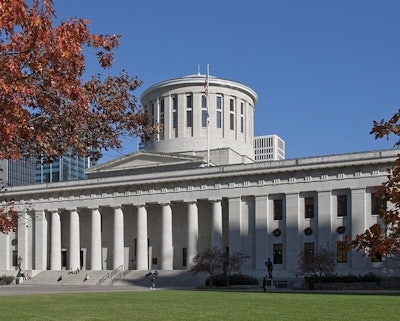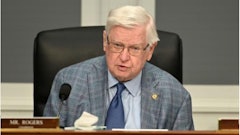
Two Democratic Ohio state representatives have introduced a bill to legalize adult-use cannabis in the state, marking the first time that the legislature will consider the issue, according to Cincinnati.com.
The legislation, introduced by Reps. Casey Weinstein and Terrence Upchurch, would not only legalize the personal and commercial cultivation of cannabis, as well as its sale, but it would also seal the records of those convicted of past low-level, cannabis-related crimes, the news outlet reported.
The bill would allow adults 21 and older to buy and possess up to 5 ounces of cannabis, as well as grow up to 12 mature plants for personal use. Ohio’s medical cannabis program would remain intact, and licensed operators in the medical market could pursue adult-use licenses under the legislation.
The bill calls on the Ohio Department of Commerce to oversee the adult-use cannabis industry, according to Cincinnati.com, and a 10% excise tax would be placed on sales, in addition to a state and local sales tax. The tax revenue generated would fund education, road and bridge repair, and local governments, and for the first two years, up to $20 million of the annual tax revenue would flow to research for treating veterans and preventing veteran suicide.
Weinstein and Upchurch have also included a social equity component in the legislation, Cincinnati.com reported, to encourage disadvantaged entrepreneurs to participate in the adult-use market.
Weinstein and Upchurch are currently seeking cosponsors for the bill, which Cincinnati.com said could face opposition from the Republican-controlled legislature.
























